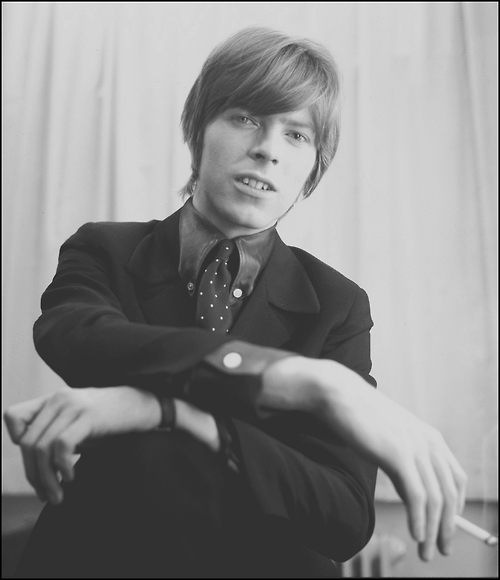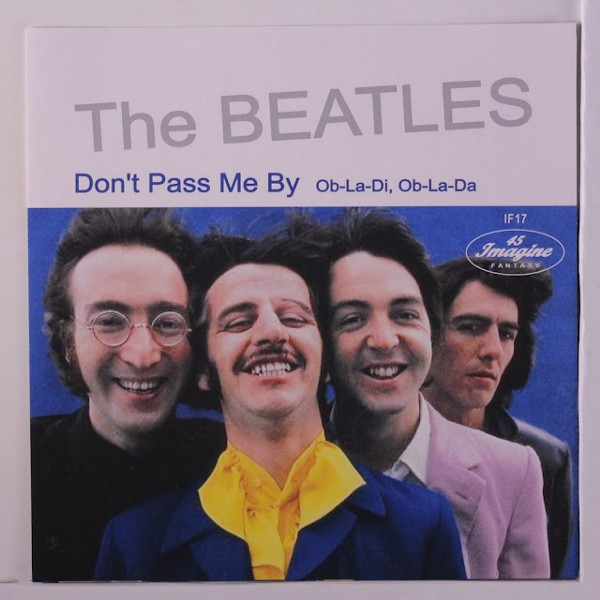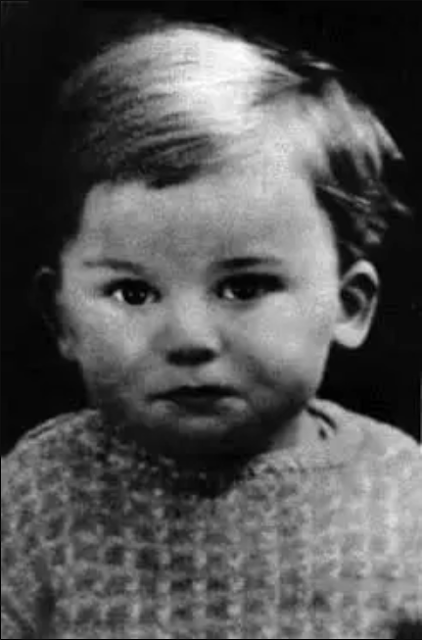Why did Apple turn down David Bowie?
 |
Four years after his recording debut, David Bowie had still made little progress. Despite a name change and several changes of musical style he remained a fringe figure. Convinced that Deram (Decca) was mismanaging his career, Bowie was looking for a new label.
In the spring of 1968 The Beatles announced the formation of Apple Records, a new label for ‘creatives’. Bowie immediately instructed his then manager, Kenneth Pitt, to submit an audition tape.
Swamped
As a signed artist with a major label, Bowie might have expected an automatic hearing. Unfortunately, however Apple's offer had backfired. The new label was besieged by aspiring musicians, managers, agents, artists, and hucksters. All were clamouring for an audition.A further complication was that the new label would only recruit new talent with the agreement of all four (endlessly squabbling) Beatles.
The office filled with a mountain of demo tapes. From an early stage any attempt to listen to them was abandoned.
Making the shortlist
Ultimately only friend - or friends of friends - of the Fab Four had a realistic chance of signing for Apple.
James Taylor was recommended by Paul's brother-in-law, Badfinger had been spotted by Mel Evans and so on. Almost every artist had a connection with the Beatles or some initial success elsewhere (the case with Mary Hopkins, for example.
Pitt was not impressed:
Had David not been keen on recording for Apple I would not have tolerated the deplorable organization, sheer amateurism and downright rudeness that confronted us during the next three months, the time it took Apple to give us a decision. source
Rejection
When the decision finally came, it was not good news:Apple Records is not interested in signing David Bowie. The reason is that we don't feel he's what we're looking for at the moment.Did any of The Beatles listen to Bowie's audition tape? None remembered having done so. Even if they had given it their full attention, they were unlikely to have been impressed.
After all, George Harrison had sat stony-faced through the first Crosby, Stills and Nash album. Bowie's early material showed promise but did not yet have a clear identity.
Bowie finally gets lift off
Perhaps stung by this rejection, Bowie responded by producing his first number one single, Space Oddity, the following year. It was released on Phillips.



